7 Safe Caribbean Islands for Queer Travelers
Most LGBTQ+ travelers would think that most, if not all, the Caribbean islands would be welcoming to our community because of its proximity to queer-friendly Mexico. However, some islands are not, and some are slowly making incremental policy changes.
High Courts in a few Caribbean islands – St. Kitts and Nevis, Barbados, and Antigua and Barbuda – have overturned anti-gay sex laws (buggery laws) that once made sexual relations between men a criminal offense and punishable by death.
Even though laws are changing, the Caribbean region is not as progressive as Mexico and Central American countries, like Costa Rica. Vacationer Magazine urges all LGBTQ+ travelers to research any desired destination to determine if it is genuinely welcoming and a safe place for us to visit. With our community’s safety in mind, we wanted to compile a short list of Caribbean islands that you may want to consider when contemplating a warm-weather getaway to this sun-soaked region.
Puerto Rico
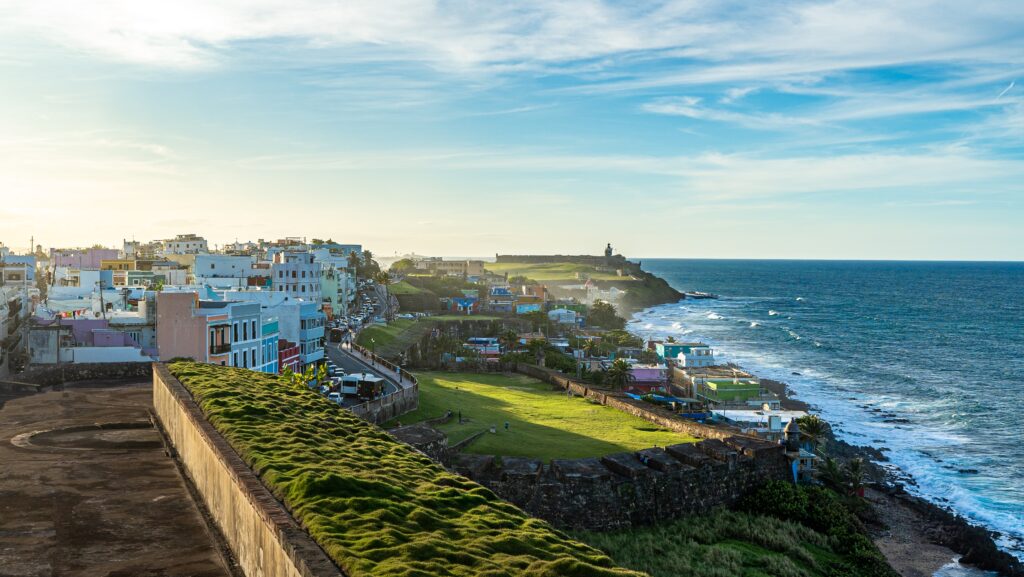
It’s been on our list of places to visit, especially with Discovery Puerto’s recent campaign, which includes our Vacationer contributor Barry Hoy and his boyfriend Vacationer cover star boyfriend, Teraj. The International LGBTQ+ Travel Association chose the Caribbean Island to host its 40th Annual Global Convention in October, too. The LGBTQ+ community has almost the same legal protections as heterosexuals and same-sex marriage has been legal since 2015.
From political revolutions to sugar plantations, visitors can explore the island’s rich history in San Juan and beyond. For adventures and outdoor enthusiasts, go kayaking to experience Puerto Rico’s magical bioluminescent bays: Mosquito Bay on the island of Vieques, Laguna Grande in Fajardo, and La Parguera in Lajas. The island hosts two Pride celebrations and has nearly a dozen clubs and bars, including Tía María’s Liquor Store, where you can mix and mingle with the local queer crowd.
US Virgin Islands (St. Croix, St. John, St. Thomas)
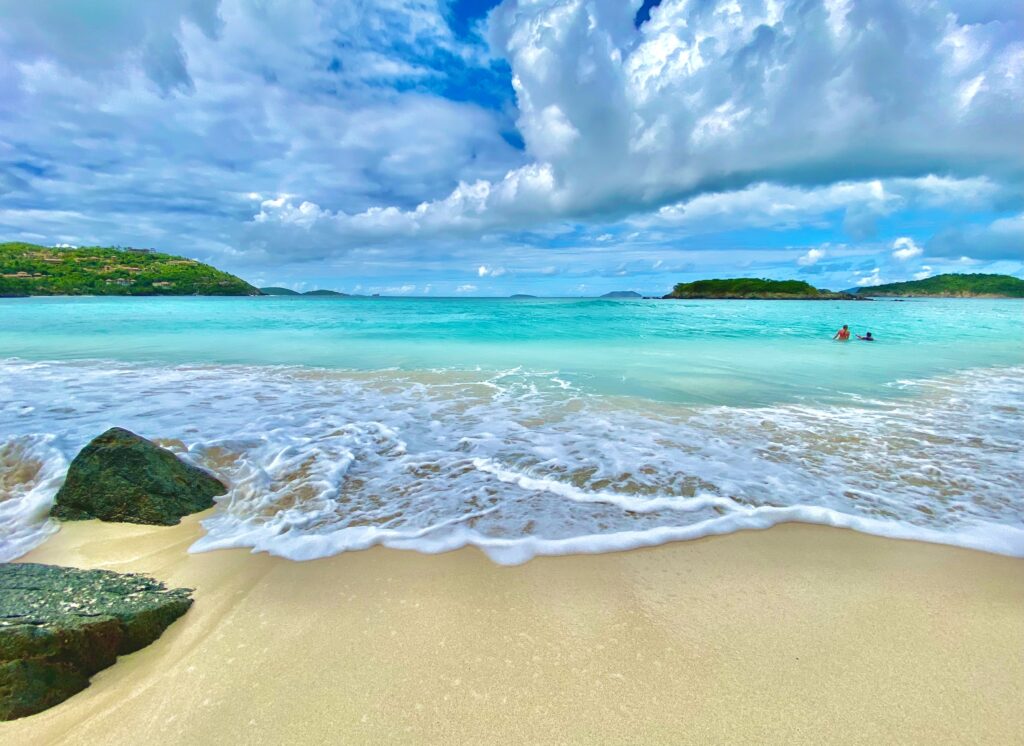
The US Virgin Islands is an archipelago of three main islands – St. Thomas, St. Croix, and St. John – and several smaller ones. Gay marriage has been legal here since 2015, but there are no anti-discrimination laws to protect us. That being said, it is still a safe place for LGBTQ+ visitors. The three main islands have their own individual personalities.
The biggest island and probably most peaceful island, St. Croix, has Danish colonial architecture, rum distilleries, and an LGBTQ+-owned boutique resort, Sandcastle on the Beach, located on a queer-friendly beach. Water sports enthusiasts usually flock to St. Thomas and its resorts, and it’s also a popular port for cruise ships. Take a 20-minute ferry ride from St. Thomas (Red Hook) to St. John (Cruz Bay) for breathtakingly beautiful parks and beaches perfect for sunbathing and snorkeling.
Martinique
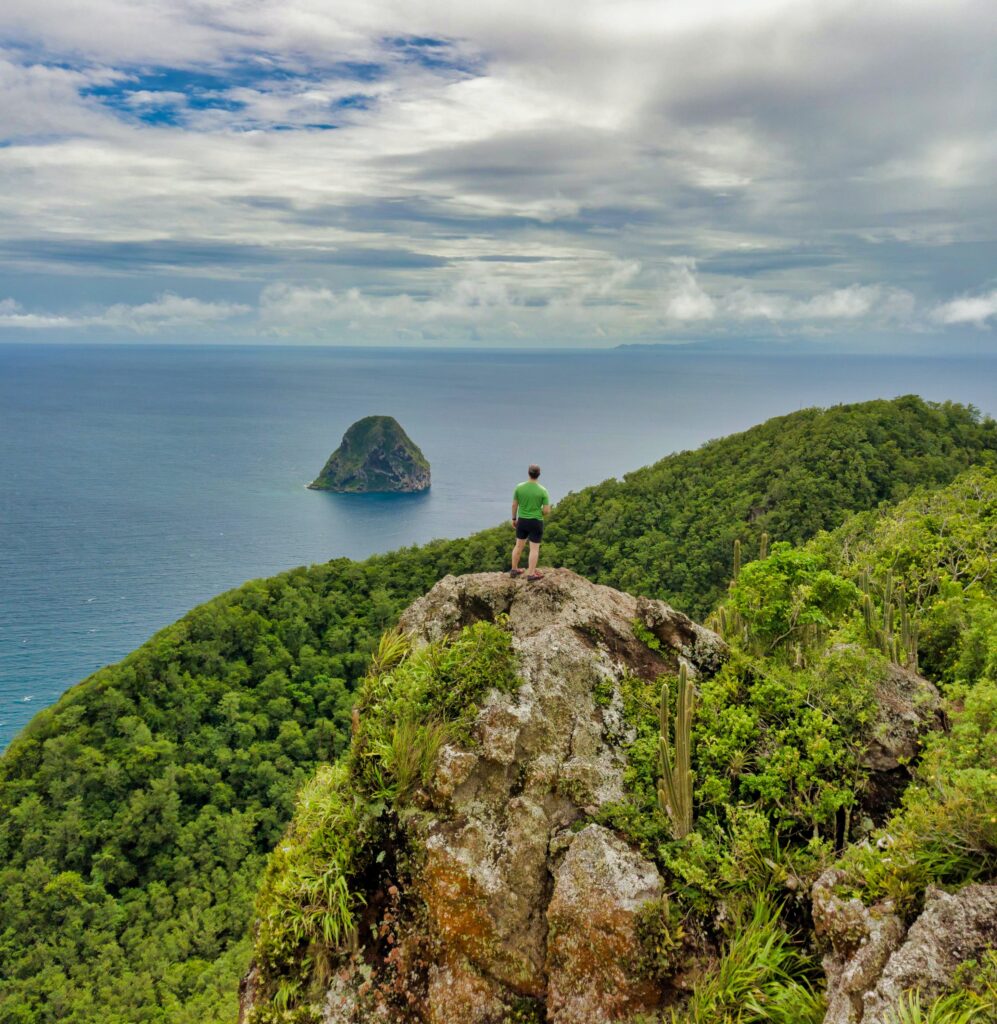
This Caribbean Island gets a 92 out of 100 when it comes to LGBTQ+ rights, according to Equaldex. Changing gender, same-sex parents adopting children, gay marriage, and other anti-discrimination protections are all legal in Martinique! It might be because of the island’s blend of Caribbean flavor and French carefree vibe that make it an ideal spot for queer couples. There’s something for every type of traveler here – from rum-tasting tours to hiking through Jardin de Balata or up Mount Pelée to relaxing on gay-friendly beaches Plage des Salines and Grand Anse des Salines.
Curaçao
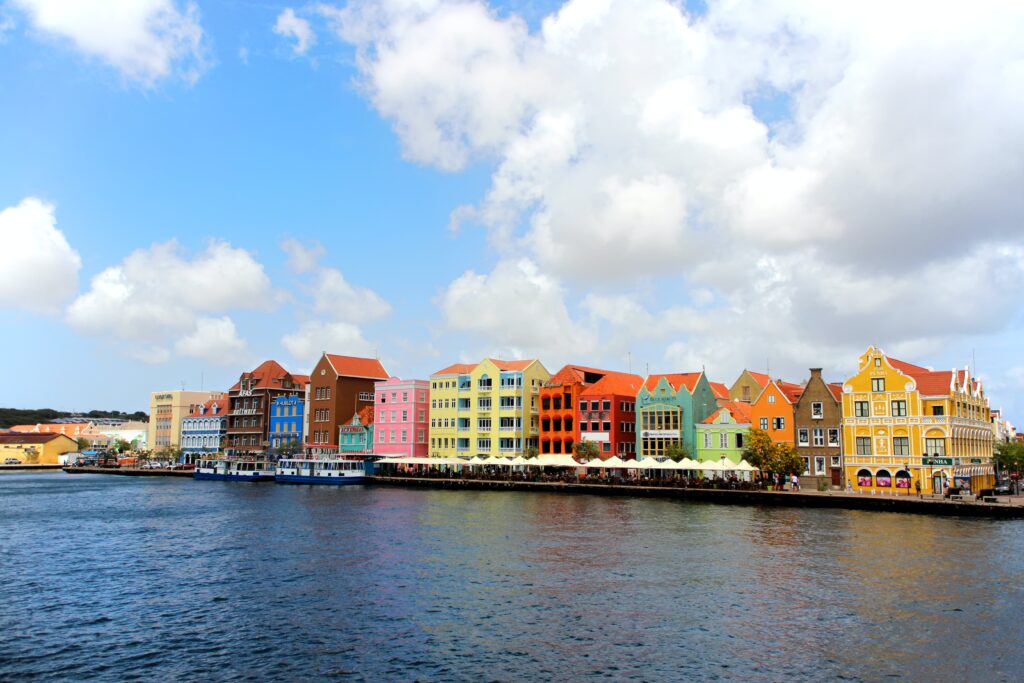
Located 40 miles off the coast of Venezuela, Curaçao is the “C” of the ABC islands which also consist of Aruba and Bonaire. Although the island doesn’t have any anti-LGBTQ+ discrimination laws, the island does indulge in an annual LGBTQ+ Pride celebration usually held during the first or second week in June. Even if you miss the festivities, you can check into the Cabana Beach Club, known for its all-welcomed, fun parties on Wednesdays and Fridays. Wet & Wild Beach Club and Mambo Beach Club are fun spots, too.
In addition to enjoying the beautiful stretches of sand around the island, you can hike to the top of Christoffel Mountain, take a tour of Curaçao neighborhoods like Handelskade, check out sea turtles at Shete Boka National Park, or go scuba diving at Porto Mari or Blauwbaai.
St. Martin / Saint Maarten
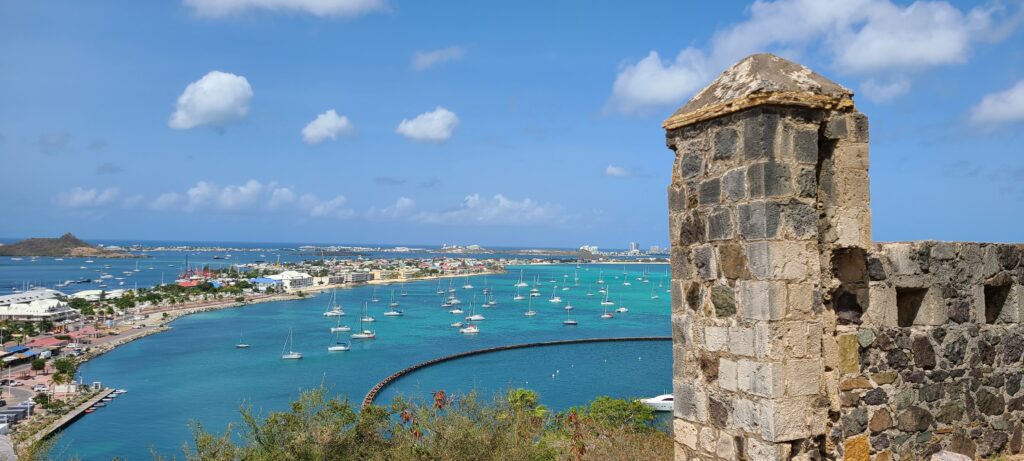
It’s probably not surprising that St. Martin is somewhat progressive when it comes to LGBTQ+ rights (such as anti-discrimination laws) because the island was colonized by the French and Dutch. On the French side, vacationers can enjoy Marigot which feels like a miniature French Riviera with quaint boutiques, restaurants, and ports that allow visitors to easily do some island hopping. With a passport in hand, you can visit Anguilla or St. Barts.
It’s all good even if you don’t want to leave St. Martin. Why? This island has 37 beaches lined with rows of coconut palms. Orient Beach is the largest beach on St. Martin, and you can go au naturel if that’s your thing. Cupecoy Beach is also a popular LGBTQ+ beach with limestone cliffs and natural bays for a little privacy.
St. Barts
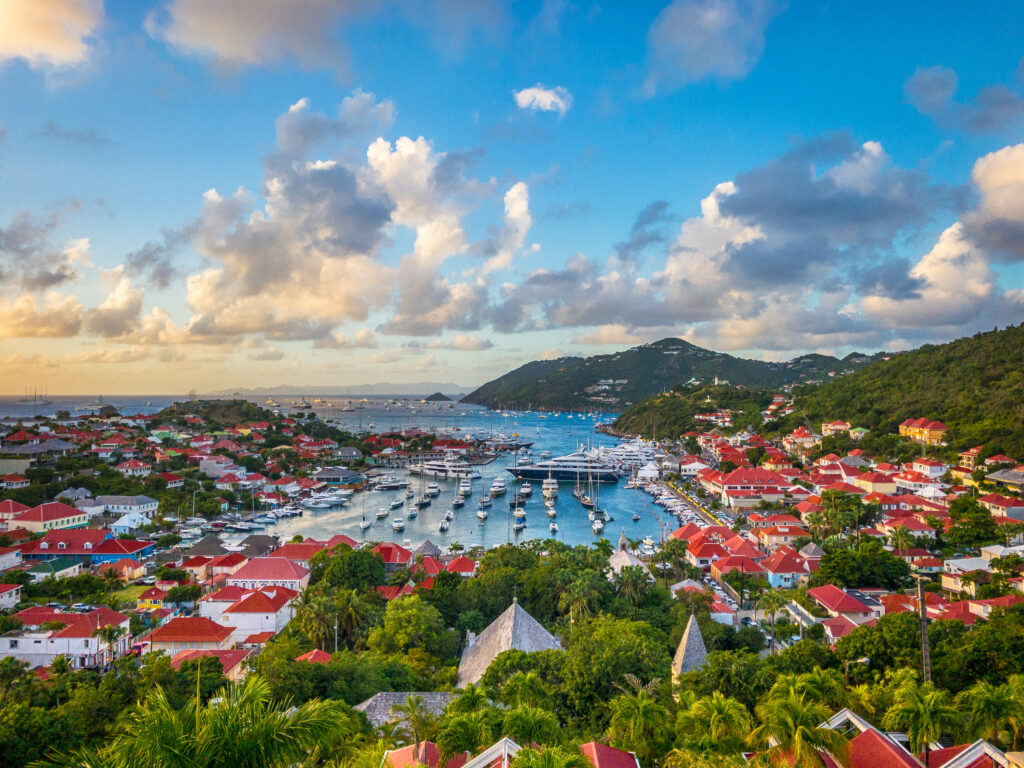
If you’re a bougie queer looking for a more luxurious getaway, you should consider St. Barthelemy or St. Barts! Known for its luxury hotels, boutiques, yachting, and high-end restaurants, the island nation also has a wide range of fun water sports for visitors to indulge in, including deep-sea fishing, scuba diving, kayaking, paddle boarding, and for tube enthusiasts, perfect surfing spots like Anse des Cayes, Lorient, and Toiny.
The island doesn’t have a designated gayborhood, but Saline Beach can be a good spot for cruising – well for gay men. In St. Barts, gay discrimination is banned, and gay marriage has been legal since 2013.
Aruba
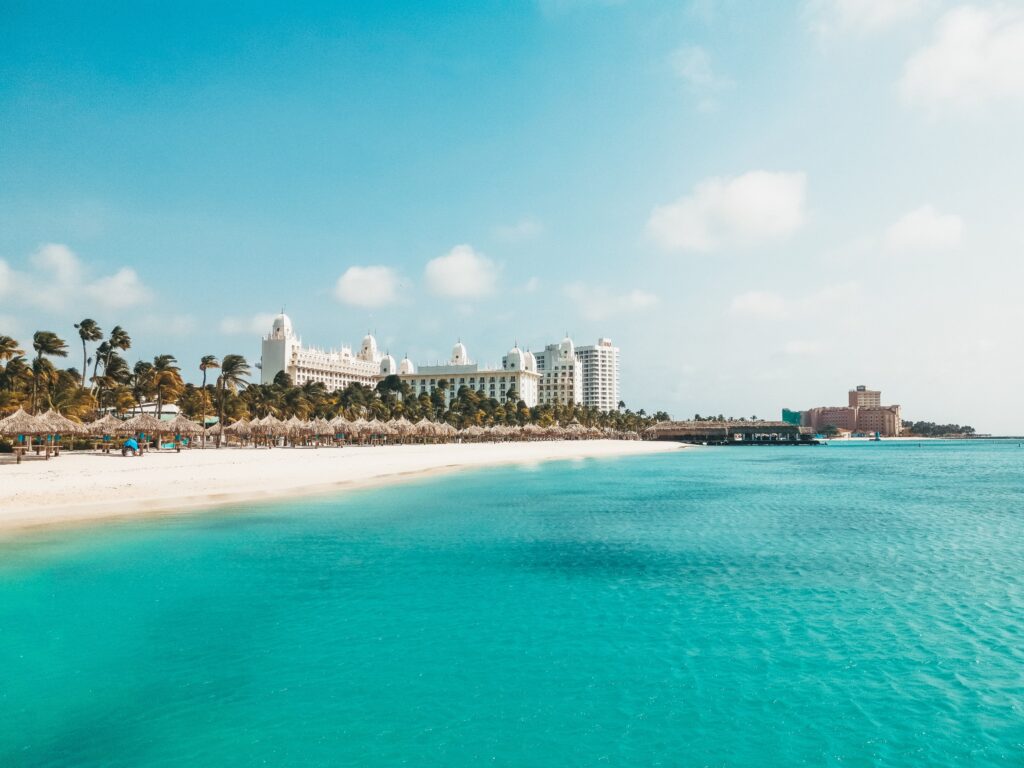
The Dutch colonized island recognizes same-sex marriages performed in the Netherlands, but not elsewhere. And even though there are no anti-discrimination laws, Aruba is still a queer-friendly island where Canadian and American tourists flock in the winter. Yes, it’s a touristy vacation destination with several all-inclusive resorts or more secluded spots if that’s what you’re looking for. Windsurfing, paragliding, and deep-sea diving to explore shipwrecks and marine life are just a few fun activities for vacationers.
Oranjestad is probably where you want to be if you are a queer traveler who needs to be in a bustling resort area with LGBTQ+-friendly restaurants, bars, and clubs.
Other Caribbean Islands
Gay sex is legal in Cuba and the Dominican Republic, but same-sex marriage is not. Punta Cana in the DR, primarily a resort destination, is also a popular vacation spot for us. Cuba has its first and only LGBTQ+ boutique hotel, the Gran Muthu Rainbow Hotel. All that being said, queer travelers should dig deeper to ensure that any destination, Caribbean or otherwise, is a place that allows us to be our authentic selves when exploring a new vacation destination.

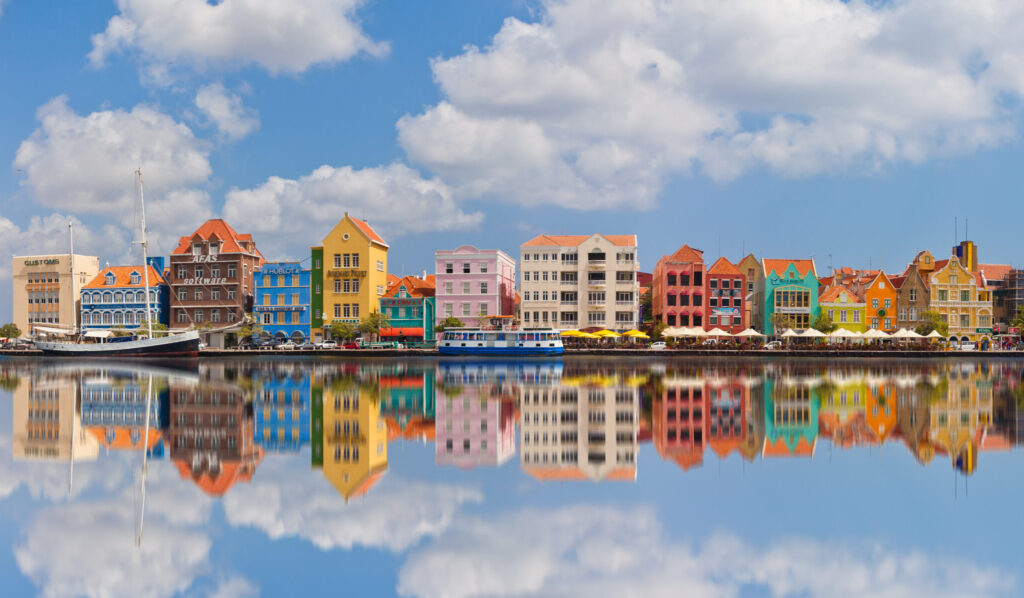


Hello Thanks for the destination ideas. Cuba is a lovely island and the people are wonderful. Gay marriage is legal in Cuba since September 2022. Shoutout to our Cuban brothers and sisters!
Cuba is communist. Freedom, food, meat, gay open loves…all an illusion. Theres a reason why Cubans are flocking to USA and not vice versa
What an ignorant comment. Clearly from someone who has never been to Cuba. Cuba is poor because of sanctions. But the people are educated, lovely and open. They voted to allow same sex marriage.